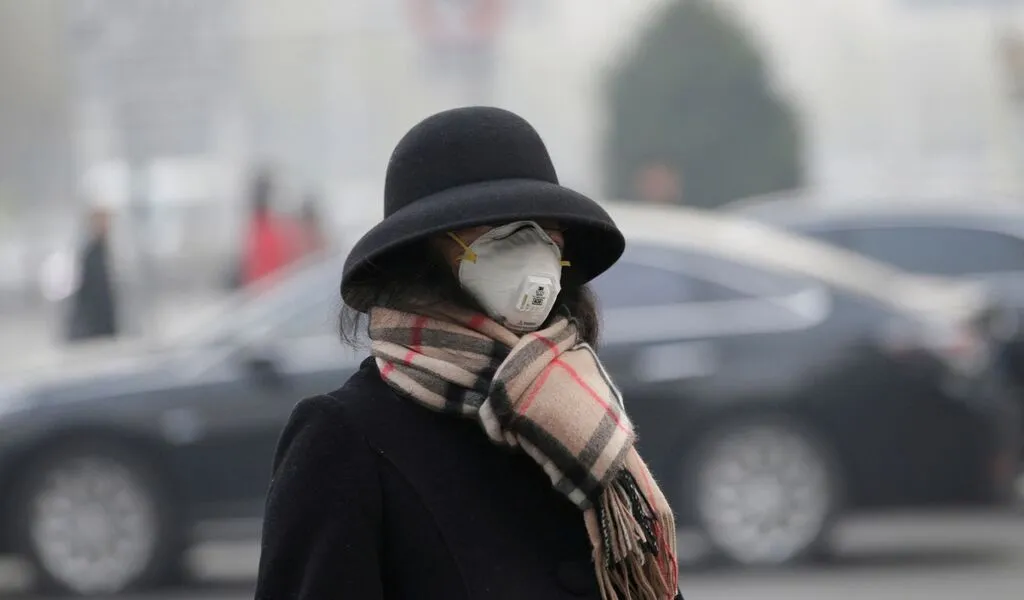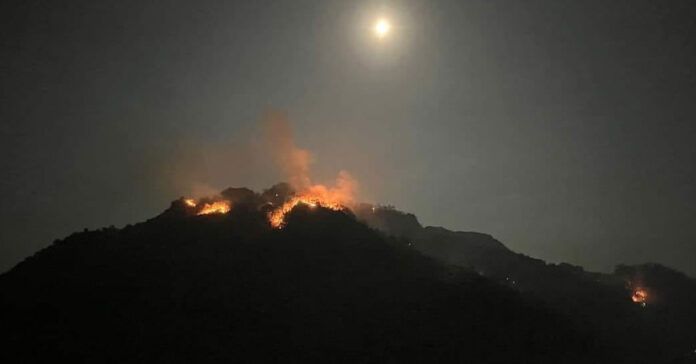(CTN News) – The start of the yearly burning season in Southeast Asia has sparked widespread concern about its negative effects on air quality and human health.
This customary practice in Laos, Thailand, Cambodia, and Myanmar involves setting controlled fires to clear land before beginning agricultural activity.
To address the issue, government officials from Laos and Thailand’s border regions met on March 27 in Chiang Mai to discuss collaborative solutions. Representatives from the Lao provinces of Xayabouly and Bokeo, as well as Cambodian and Myanmar colleagues, attended the meeting.
Combatting Air Pollution: Directives and Awareness Initiatives
Participants acknowledged the negative effects of bushfires and the urgent need to reduce air pollution, particularly the increase in PM 2.5 levels, which pose major health hazards to the population.
To fight the disaster, officials issued directions to enact legislation to prevent and reduce forest fires, with a special emphasis on limiting farmers’ traditional burning practices.
Efforts are also being made to distribute information to the public, raise awareness about the underlying causes and consequences of air pollution, and push for community engagement to end land clearance burning practices.
However, hot and dry weather exacerbates the pollution problem, increasing the risk of forest fires and making them more difficult to control.
Extent of Wildfires in Northern Thailand
A wildfire recently broke out in Luang Prabang near the well-known tourist destination of Phadaeng Mountain in Ngoi district, causing major damage. Despite authorities’ efforts to extinguish the fire, the inferno caused property damage totaling more than LAK 80 million (3,796), including water lines, sleeping bags, plastic water storage tanks, and toilets, according to the Vientiane Times.
Meanwhile, the Thai government appears to be mulling a restriction on grain imports from neighboring nations next year in response to the North’s spike in PM2.5 fine dust pollution. According to Thai Prime Minister Srettha Thavisin, the prohibition intends to reduce farmers’ usage of burning measures to clear agricultural trash.
According to indigenous burning customs, flames were predicted to destroy an estimated 1 million rai of land in ten provinces in northern Thailand between February 19 and 25.
Proposals to improve monitoring and deploy fire patrols have been made to detect and extinguish flames quickly, thus averting future environmental deterioration.
As the annual burning season continues, concerted efforts are being made to reduce its negative consequences, ensuring environmental sustainability and public health throughout South-East Asia.







